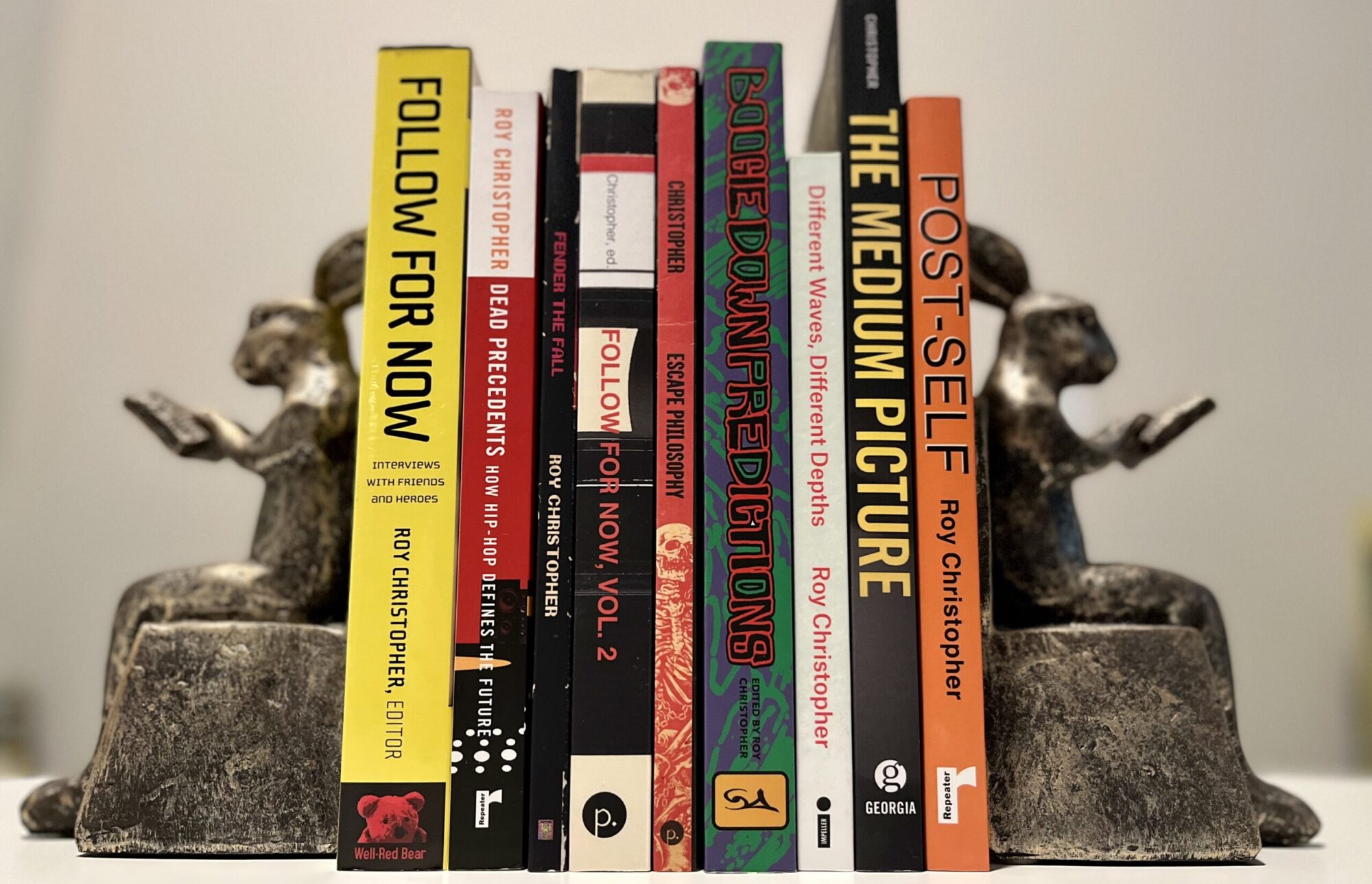Sean Price is that dude. He is one-half of “Da Incredible Rap Team” Heltah Skeltah (where he is known as Ruck), one-fifth of the Fab Five, and has been in the Boot Camp Clik since day square. All of that notwithstanding, his solo work is where he truly shines. On Monkey Barz (Duck Down, 2005), he proved he could go for dolo and drop ill bars with no backup. On Jesus Price Superstar (Duck Down, 2007), he proved he was one of the best doing it. He is an emcee who realizes the power of writing, but who doesn’t take himself too seriously.

He has several new projects in the works, not the least of which are a record with Guilty Simpson and Black Milk called Random Axe, and a new solo joint called Mic Tyson.
Admittedly, Sean Price is also my favorite emcee, so it was an extreme honor to catch up with him and ask him a few questions.
Roy Christopher: Emcees are constantly coming cookie-cutter or trying to be so different that they come off corny. You always come different, but stay in the frame. What keeps you grounded?
Sean Price: I don’t know, and I think not knowing is the key for me.
RC: Do you have any set goals with your music? If so, what are they?
SP: Just to put it out and work it really. I don’t give a fuck about the best-rapper shit even though I’m pretty good.
RC: You’ve been busy, Sean. Tell me about the new joints you have coming up.
SP: Yeah, I just completed my mixtape entitled Kimbo Price. It’s just me rhyming on some instrumentals. It’s a warm up to Mic Tyson.
Random Axe is me, Guilty Simpson and my G, Black Milk. That’s gonna be a incredible album. Black Milk is one of the best producers/emcees in the game. Fire!
RC: No question… You’ve been very supportive of Hip-hop legends that don’t always get support these days (e.g., Das-EFX, Sadat X, et al.). How can we get the younger heads to pay homage?
SP: I don’t know, but these younger motherfuckers better respect they elders!
I’m a fan of Hip-hop first of all. I was one of those kids who taped Red Alert and Mr. Magic and Marley Marl. I copped LPs and read the credits, so when I got a deal later, it was a honor for me to be surrounded by motherfuckers I grew up listening to, and I stay humble… I remember smoking a blunt with Primo watching him work on “Unbelievable” for Biggie… Ah, good times.
RC: What else are you working on?
SP: A lot of shit like the Ill Bill / Sean P LP called The Pill, and a surprise LP with… Stay tuned!
Oh, I was kicked out the group La Coka Nostra they ain’t wanna deal with my kind. I said, “What kind do you mean?” and Lefty roundhoused kicked me in the stomach and Ill Bill did his best King Kong Bundy impersonation… Lawsuits pending… Lethal didn’t want me in the group because he signed Rock and didn’t wanna deal with me… Lawsuits pending.
RC: Is there anything else you’d like to bring up here?
SP: Nah. Just keep God in ya life, and you be ah’ight.
———-
In lieu of his non-rap antics (just search YouTube), here is a video clip of Sean Price’s “Mess You Made” from Jesus Price Superstar [runtime: 3:53]:
GwcLf73_fuI









